By Saskia Hartog
1st Year Management Intern
If you had asked me at the start of my internship this year what the similarities are between the intern program and working in real-estate, I probably would have been lost for words. However, after completing my first placement, one thing that has really struck me is the impact of location on not only the housing market, but also the delivery of healthcare and on a personal level, the ongoing need for a support network.
As any healthcare professional is fully aware, rural healthcare settings face different challenges to urban centres. The size of the catchment area, the ratio of healthcare workers compared to the population they are responsible for, the spread of the population, and even local geography can create barriers to accessing quality healthcare that is not often experienced in major cities. But also, on a personal note, I had relocated from Sydney to Bendigo in January, and it was certainly an adjustment.
There have definitely been obvious positives from my experience in the program, such as gaining exposure to project management in the country town, including targeted vaccination projects, public intoxication reforms as well as an amalgamation between healthcare services. Not to mention the complete lack of traffic lights on my daily commute. Further to this practical experience, I also witnessed uniquely rural situations. Having previously worked in a hospital based in metropolitan Sydney, I had never previously dealt with the hospital generator blowing out, followed by the back-up generator, coupled with a Telstra outage in the region. We also had a code blue called in the midst of these technological issues, and it was a feat of the management team to tackle this utilising walkie-talkies, after what had been a relatively calm morning.
However, I’m not sure if I was fully prepared for the sense of separation I experienced at the start of the program, having moved both rurally and interstate. Before it starts sounding too dire, I do live with my partner and housemates. However, as medical interns themselves and therefore with understandably busy schedules, I often found myself alone with time on my hands. Perhaps I can consider myself lucky to experience this in my first placement, as having a strong support network and taking care of yourself mentally is a valuable lesson for any young professional (in any industry) to learn. At times, the fact that I was geographically disconnected from the majority of my friends and family did give me flashbacks to lockdowns last year, but it has absolutely made me realise the ongoing need for connection and pursuing interests outside of my professional life. From taking up a new language on Duolingo, to exploring the gastronomic and cultural scenes, or just plain old exercise; there is always something to do.
As we’re told at the start of our program, what you get out is what you put in and that has definitely been my main take away so far. The program does keep you occupied, between work, the university master’s degree and ongoing professional development events. However, I think what I have gained most from my first placement is a strong sense of understanding of what I am looking for not only in my career, but from life outside the office. Whatever challenges the next two years throw at me, whether they are technological outages, learning to deal with traffic again upon my return to the city, or building a social and support network from the ground up, I have no doubt that I will continue to grow as both a professional and individual throughout the program.
